The COVID-19 pandemic has rapidly exacerbated America’s national housing crisis, which has been defined by rising rates of homelessness, a surge in evictions, and a large increase in housing insecurity among Black and Hispanic households. These trends have been compounded by the Trump Administration’s rollback of public housing policies and outright disdain for the enforcement of fair housing laws. The current crisis has also coincided with a decades-long neglect of the preservation and expansion of the nation’s affordable public housing supply by policymakers and a surge in real estate acquisitions by corporate landlords and private equity investors like Blackstone Group and NexPoint Residential Trust, resulting in skyrocketing home prices and rents across the country. Together, these trends have made the current housing crisis unlike anything America has seen since the Great Depression.
The Revolving Door Project has taken a multifaceted approach to explain how the executive branch can respond to the national housing crisis. For one, we have documented the importance of personnel appointments and vacancies in housing policy at executive branch departments and independent agencies. We highlighted the hiring of Charles Yi, a Wall Street-friendly former BigLaw partner with a troubling record of advancing the interests of entrenched corporate power, at the Federal Housing Finance Agency (FHFA). We have also catalogued the mounting personnel vacancies at the Department of Housing and Urban Development (HUD) that are undermining progress in key housing policy areas.
RDP has also sought to document the ties between the real estate industry and the current administration. We have tracked political contributions from prominent real estate industry moguls to the Biden, Harris, and Buttigieg campaigns in our Presidential Power Map.
Above all, the project has sought to demonstrate the nature of housing policy as a whole-of-government issue necessitating an all-of-government response, rather than a niche issue confined to one or two agencies. We have documented the various housing policies and powers held by various executive branch agencies and departments, including the U.S. Department of Agriculture (USDA), the Department of Veterans Affairs (VA), the Department of the Interior, and the Federal Emergency Management Agency (FEMA).
In the coming weeks and months, the Revolving Door Project will work with affordable housing and tenants rights advocates to center tenants and struggling homeowners in national housing policy discussion. We will urge executive branch officials to make full use of their existing housing powers to serve the public interest, rather than corporate real estate investors, and call them out when they fail to do so. We will continue to keep watchful eyes on executive branch housing policy nominees and appointees, and will rigorously document executive branch and presidential housing policy powers that do not require legislative action to invoke.
Below you will find some of the project’s writing and research on housing policy. This page will be continually updated with new articles and blog posts.

April 22, 2024
Amicus Spotlight: City of Grants Pass, Oregon v. Johnson
An unholy coalition of right-wingers and California Democrats wants the Supreme Court to eviscerate the rights of homeless people.

April 16, 2024
Blog Post Anti-MonopolyCongressional OversightConsumer ProtectionDepartment of JusticeFTCHousingRevolving Door
Meet RealPage’s Revolving-Door Lobbyists
The scandal-plagued software company has hired a trio of Capitol Hill insiders to fend off regulatory scrutiny from Congress.

March 21, 2024
RealPage Enlists Ex-FTC Revolvers From BigLaw Firm Gibson Dunn To Fight Tenant Lawsuits
Facing an existential legal threat, the scandal-plagued software company has hired price-fixing monopolists’ favorite lawyers.
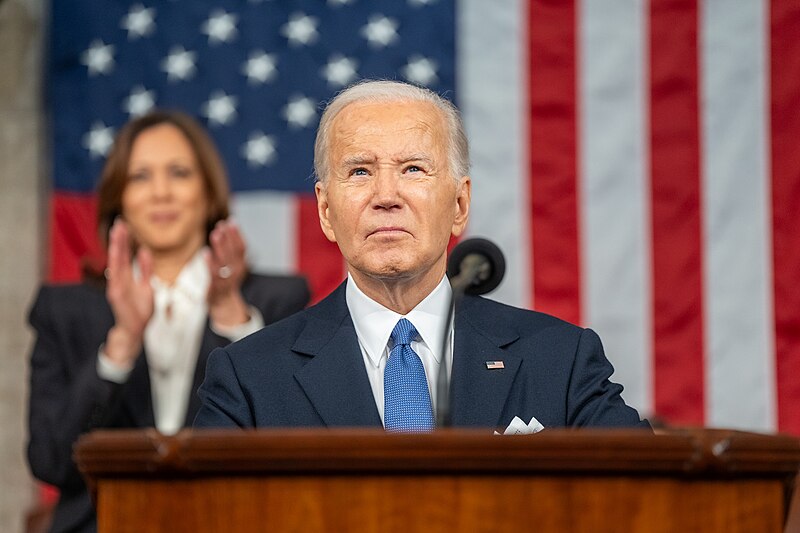
March 08, 2024
Hack WatchNewsletter 2024 ElectionAnti-MonopolyConsumer ProtectionDepartment of JusticeDepartment of TransportationFTCHousing
A Decade-Long Week And SOTU Thoughts
This week’s Hack Watch recaps some economic stories you may have missed, plus our initial reaction to Biden’s big speech.

March 01, 2024
Departing RealPage Exec’s Flimsy Rant Against Rent Control
As he leaves the scandal-plagued firm, Jay Parsons offers one last defense of rent-gougers.
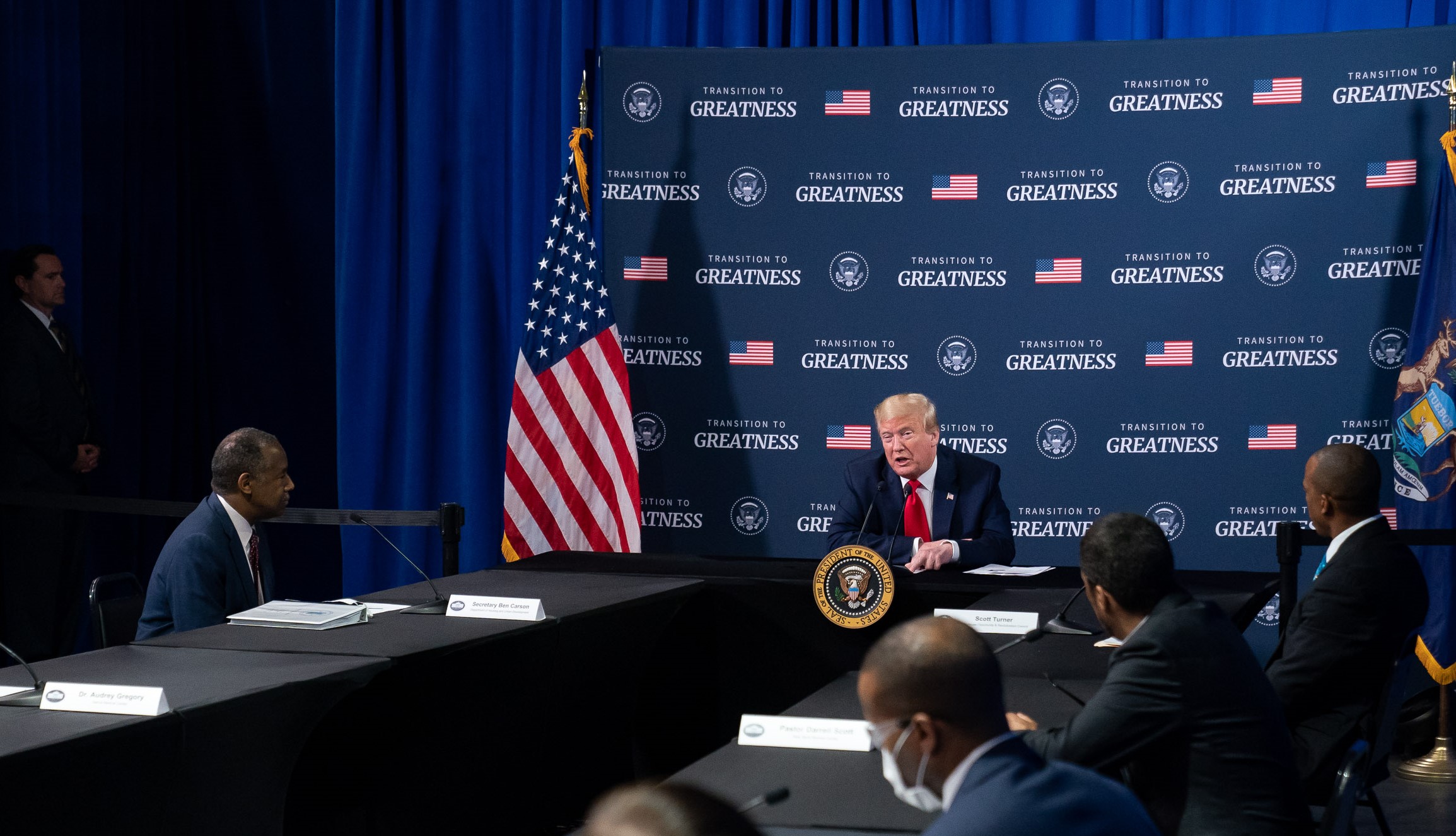
February 21, 2024 | The New Republic
A Return to Trump’s Housing Policies Would Be a Disaster
The former president made his name as an unscrupulous real estate magnate. So it’s no surprise that he pushed for ideas designed to take from the poor and give to the rich.
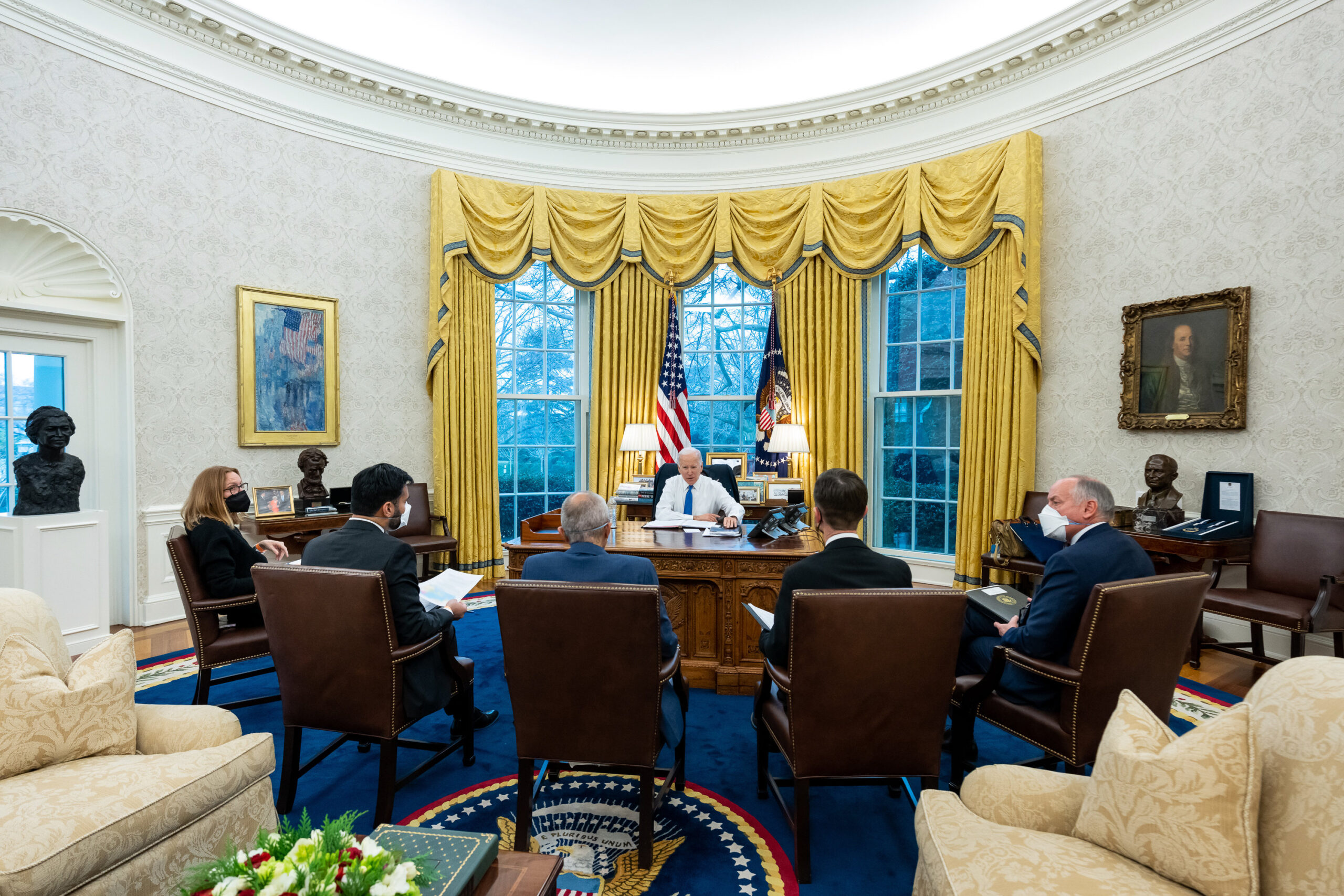
February 15, 2024
Julian Scoffield Vishal Shankar Ethan Cook
Newsletter Corporate CrackdownDepartment of JusticeExecutive BranchHousing
An RDP Love Letter To Picking Fights and Good Punditry
Cracking down on corporate abuses is what government should be for.
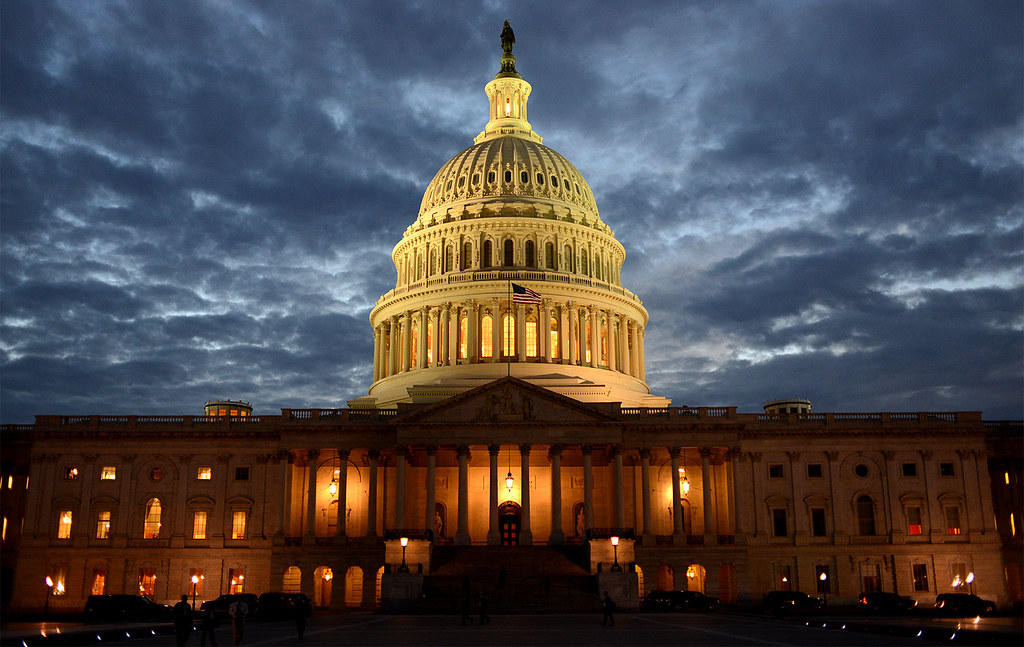
January 10, 2024
Glossary of Useful Federal Budget Terms
Learning about the federal government’s budget process can be daunting. Here are a few key terms to help better understand of the federal budget process as of late.

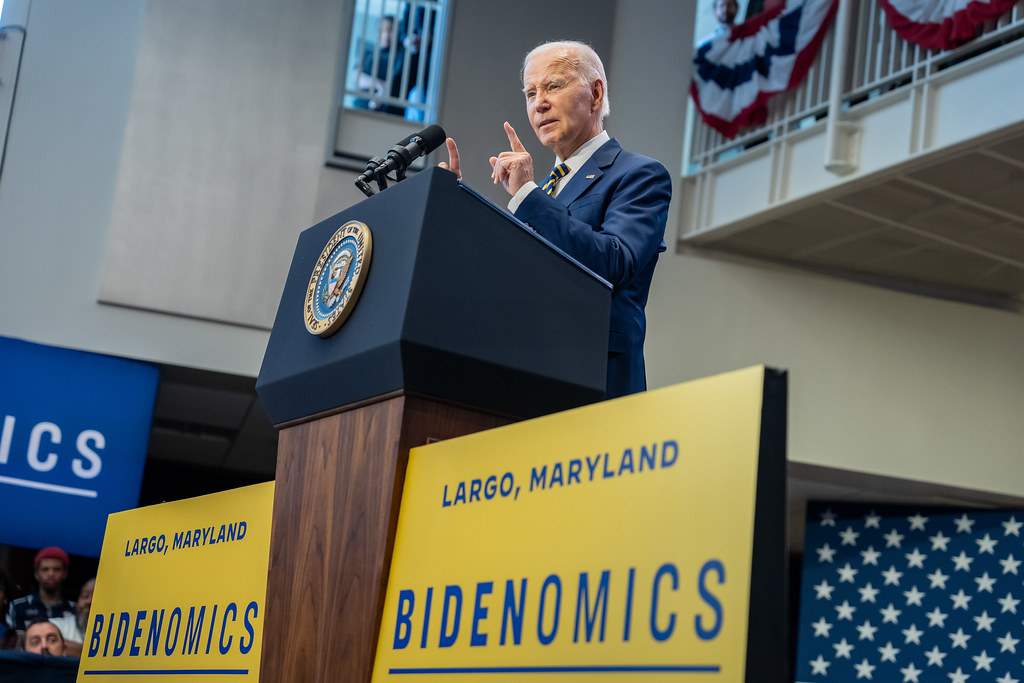
December 15, 2023
Hack WatchNewsletter Anti-MonopolyDepartment of JusticeEconomic PolicyFTCHousingMedia Accountability
Bidenomics Needs A Corporate Crackdown On Rent-Gougers
The RealPage scandal gives Biden a real opportunity to rally working-class support for his reelection campaign.

November 29, 2023
Biden Administration Remains Split Over Fighting Concentrated Corporate Power
This week’s newsletter looks at executive branch attempts to counteract concentrated corporate power across our focus areas – from consumer protection in Big Tech, to housing, to climate regulation. While the FTC and DOJ antitrust division continue to be present in important fights to support consumers and tenants, proactive climate policy continues to be absent, as Biden’s rhetoric regarding challenging climate change rings hollow in areas where the president has considerable discretion.
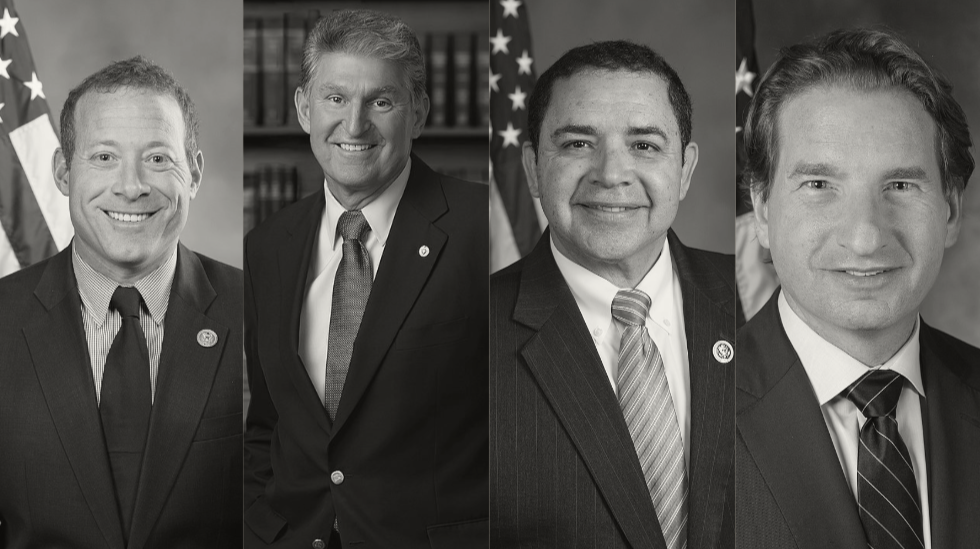
October 30, 2023
Meet Harlan Crow's Favorite Democrats
Josh Gottheimer, Joe Manchin, Henry Cuellar, and Dean Phillips are among the many Democrats to receive campaign donations from Clarence Thomas’ billionaire benefactor.

October 02, 2023
Clarence Thomas Must Recuse From Harlan Crow-Backed Challenges To New York Rent Control Law
In response to the news that Clarence Thomas participated in the Supreme Court decision to deny cert in the first of three challenges of New York City’s rent control law, Revolving Door Project Executive Director Jeff Hauser released the following statement.

August 18, 2023
Kalimah Muhammad Vishal Shankar
Hack WatchNewsletter Anti-MonopolyDepartment of JusticeFTCHack WatchHousingMedia Accountability
Memo to the Media: Stop Quoting RealPage
A company under federal antitrust investigation for helping landlords jack up rents is not a reliable or independent source.
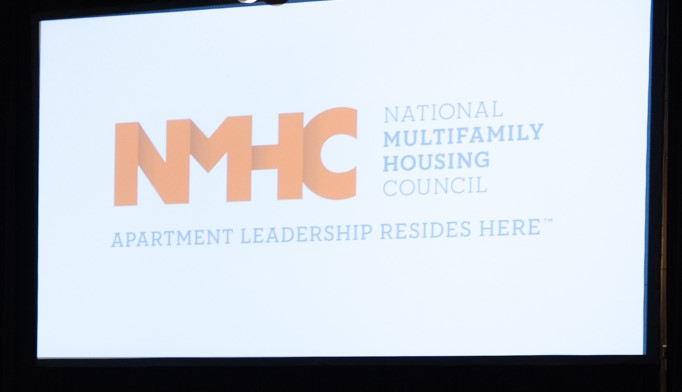
July 21, 2023
Harlan Crow’s Minions Are Keeping Your Rent High
The National Multifamily Housing Council (NMHC) – a landlord lobby group led by Crow’s right-hand man – has spent millions to kill tenant protections and rent regulation.
